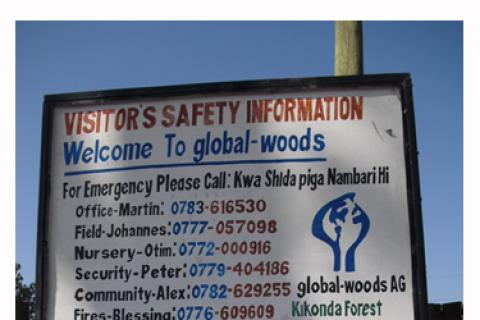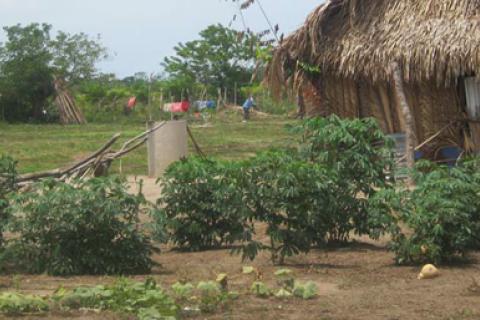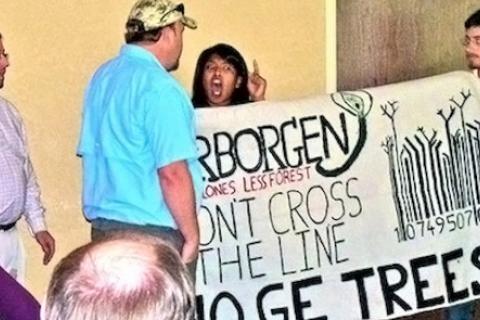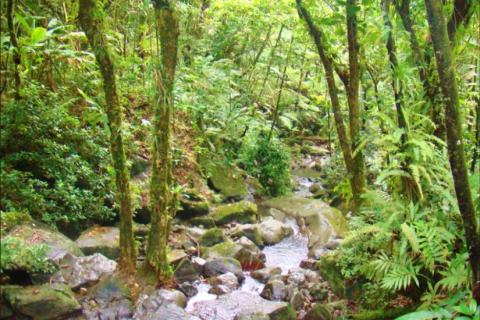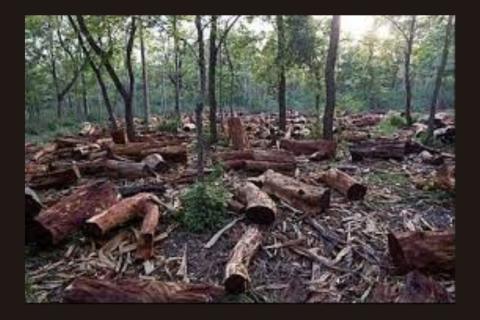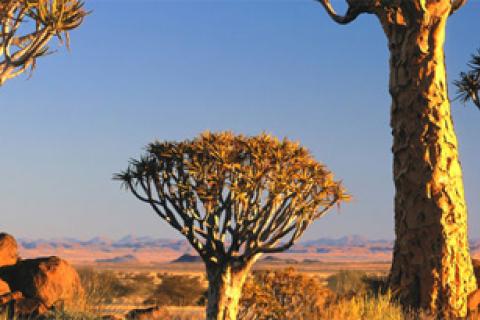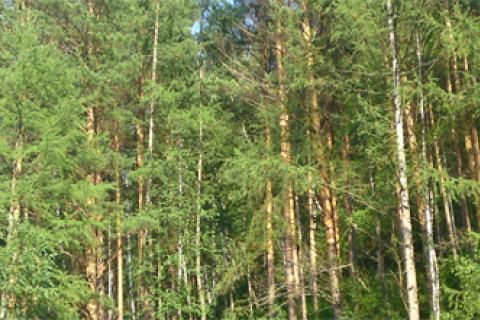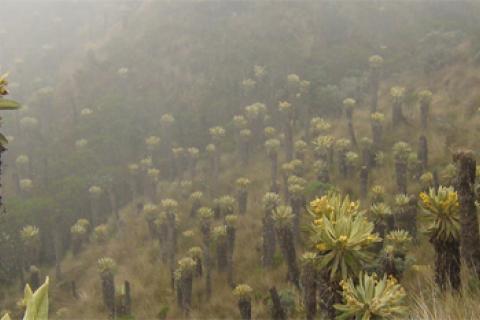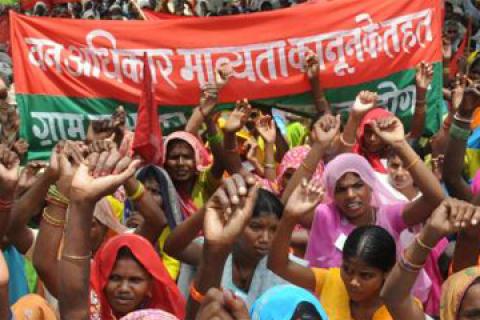Bulletin articles
In the early 17th century, during the colonial era, shipwrecked Africans reached the Caribbean coast, inhabited by the Kalinagu or Caribe people. Over the years, cultural syncretism gave rise to the ethnic identity of the Garifuna people. The fusion produced the Garifuna language, religion and traditions. The Garifuna people settled river estuaries and marshes on the coasts of several Central American countries, where they engaged in fishing and subsistence agriculture.
Meekly the water flows from lichens and stones
like a flood of feelings from
the soul of the earth...
(Efraín Gutiérrez Zambrano)



